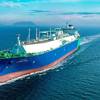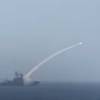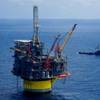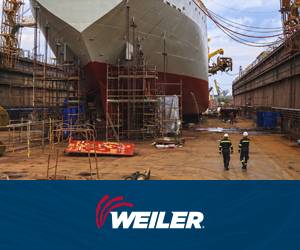MARAD Evaluates Natural Gas v. Conventional Fuel Emissions
The Maritime Administration (MARAD) informs it has released a study that evaluates total fuel cycle emissions for natural gas versus conventional marine fuels. This study was conducted as a part of MARAD’s Maritime Environmental & Technology Assistance program, which focuses efforts on emerging marine transportation and environmental issues.
Results of the study showed that the use of natural gas as a propulsion fuel can reduce air quality pollutants and reduce major greenhouse gas emissions when compared to conventional fuels.
The information provided by this study is important as marine transportation stakeholders evaluate the use of natural gas as aviable alternative propulsion fuel for reducing air polluting emissions.
The research was conducted through a cooperative partnership with the Maritime Administration, the University of Delaware and The Rochester Institute of Technology.
Abstract of the Study
This study evaluates the total fuel cycle emissions associated with natural gas as a marine fuel. The study uses updated data on leakage rates in the natural gas fuel cycle to compare emissions from liquefied natural gas (LNG) or compressed natural gas (CNG) to petroleum marine fuels.
We find that total fuel cycle analyses for maritime case studies show that natural gas fuels reduce air quality pollutants substantially, and reduce major greenhouse gas (GHG) emissions slightly when compared to conventional marine fuels (low-sulfur and high-sulfur petroleum).
We also find that the upstream configuration for natural gas supply matters in terms of minimizing GHG emissions on a total fuel cycle basis, and current infrastructure for marine fuels may produce fewer GHGs.
Continued improvements to minimize downstream emissions of methane during vessel-engine operations will also contribute to lower GHG emissions from marine applications of natural gas fuels. This is important because growing supplies of natural gas can provide a feasible and economic alternative fuel to improve air quality in and near populated regions of the world.
The study can be viewed on the MARAD website, at http://www.marad.dot.gov/documents/Total_Fuel_Cycle_Analysis_for_LNG.pdf












